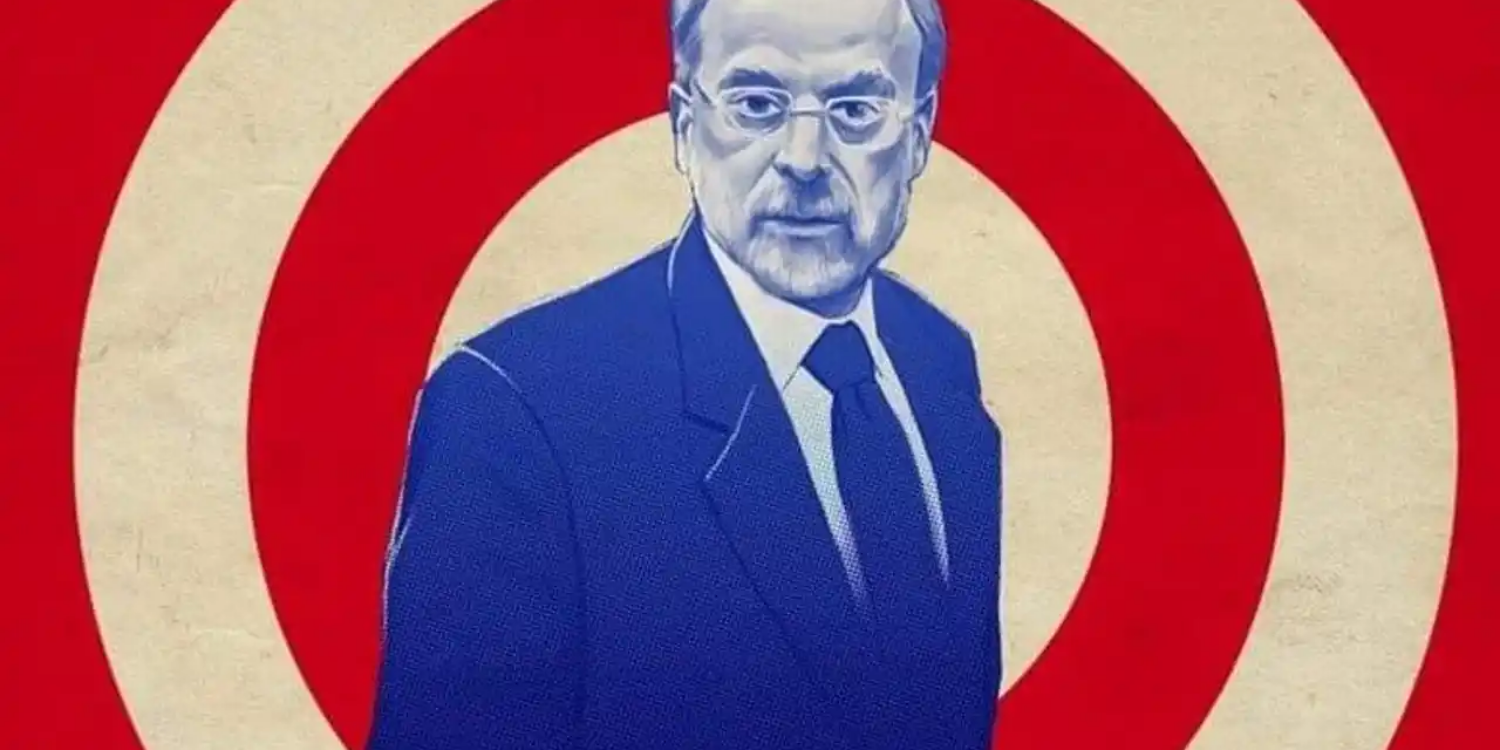Standing Firmly on the Side of the Truth: José Bustani’s Voice Unsilenced in A Symphony for a Common Man
Review by Zoya Zia
With thanks to Bertha DocHouse for the ticket.
***
Hours into the Friday evening bustle, viewers tucked into the immersive ambiance of the Bertha DocHouse to watch its first screening of A Symphony for a Common Man. For the next 90 minutes, they journeyed back to the early 2000s, specifically the build-up to the U.S. invasion of Iraq and the violence that ensued. The documentary broached topics of imperialism, geopolitics and the elusiveness of justice – all through the case of José Bustani, the Brazilian diplomat who paid the price for staying true to his values in front of the world powers.
Born in Brazil in 1945, Bustani grew up in the multiculturalism of Porto Velho and had dreams of becoming a pianist. As A Symphony for a Common Man gives him space to speak about his story, the piano is another conduit for his voice. He gives context to the forces shaping his removal as leader of the Organisation for the Prohibition of Chemical Weapons (OPCW). The documentary repeatedly interjects with scenes of him playing piano in his retirement. Bustani’s words as well as the soundtrack push viewers to consider what it means to be silenced in a tense and clearly hierarchical political landscape.
Bustani worked his way up to the top of foreign service in his country, eventually being chosen as the inaugural director general of the newly formed OPCW in 1997. After five years of service, he would face a concerted effort by the U.S. government to replace him. The OPCW is based in The Hague and composed of 193 member states, ‘working together for a world without chemical weapons.’ In 2003, U.S. Secretary of State Colin Powell spoke before the U.N. Security Council, stating unequivocally that Saddam Hussein has weapons of mass destruction (WMD), a phrase that the U.S. used repeatedly to justify its invasion of Iraq a month and a half later.
In his role at OPCW, Bustani felt empowered to investigate the matter. As he says candidly in A Symphony for a Common Man, revisiting this chapter of his life is painful, raising emotions of betrayal and disappointment. Although the OPCW was made aware of evidence that Iraq did not have WMD, the Bush administration wanted to ensure the war could go on. It weaponised the idea of ‘WMD’ to orchestrate a wider campaign, targeting Bustani because he was leading negotiations on Iraq’s accession to the OPCW.
Bustani recalls how it felt when his office was ransacked, when the very people who supported him began to question his leadership. One by one, like pieces in a chessboard, countries turned against him, swayed by the words of hard-headed American politicians like John Bolton – who would go on to threaten Bustani. After delegates ultimately voted to remove him from his role, Bustani read a letter. He revisits it in the documentary, standing by his decision not to give up what he believed his role demanded, an eye for the truth.
The documentary briefly showcases the immense destruction in the wake of the Iraq War as it shifts to the years following Bustani’s departure from the OPCW. It features high profile guests including the current President of Brazil Lula da Silva, who appointed Bustani as ambassador to the UK in 2003, and former president Fernando Henrique Cardoso. Notably, Bustani was called upon to testify before the U.N. Security Council about chemical weapons in Syria in 2020. In the end, the U.S., France and Britain blocked him from speaking. Silenced once again, he turned to the piano. Through to the final moments of the documentary, Bustani continues to play, creating a movement of sound and pressing forward.
A Symphony of a Common Man points to the violent consequences of military intervention and the importance of figures like Bustani who are willing to stand firmly for what they believe in, even if it means standing alone in a big crowd. In 2004, a report confirmed that Iraq did not have WMD. Bustani was pushed out of the OPCW, but he left with dignity. This dignity makes his story more powerful and foreboding.



